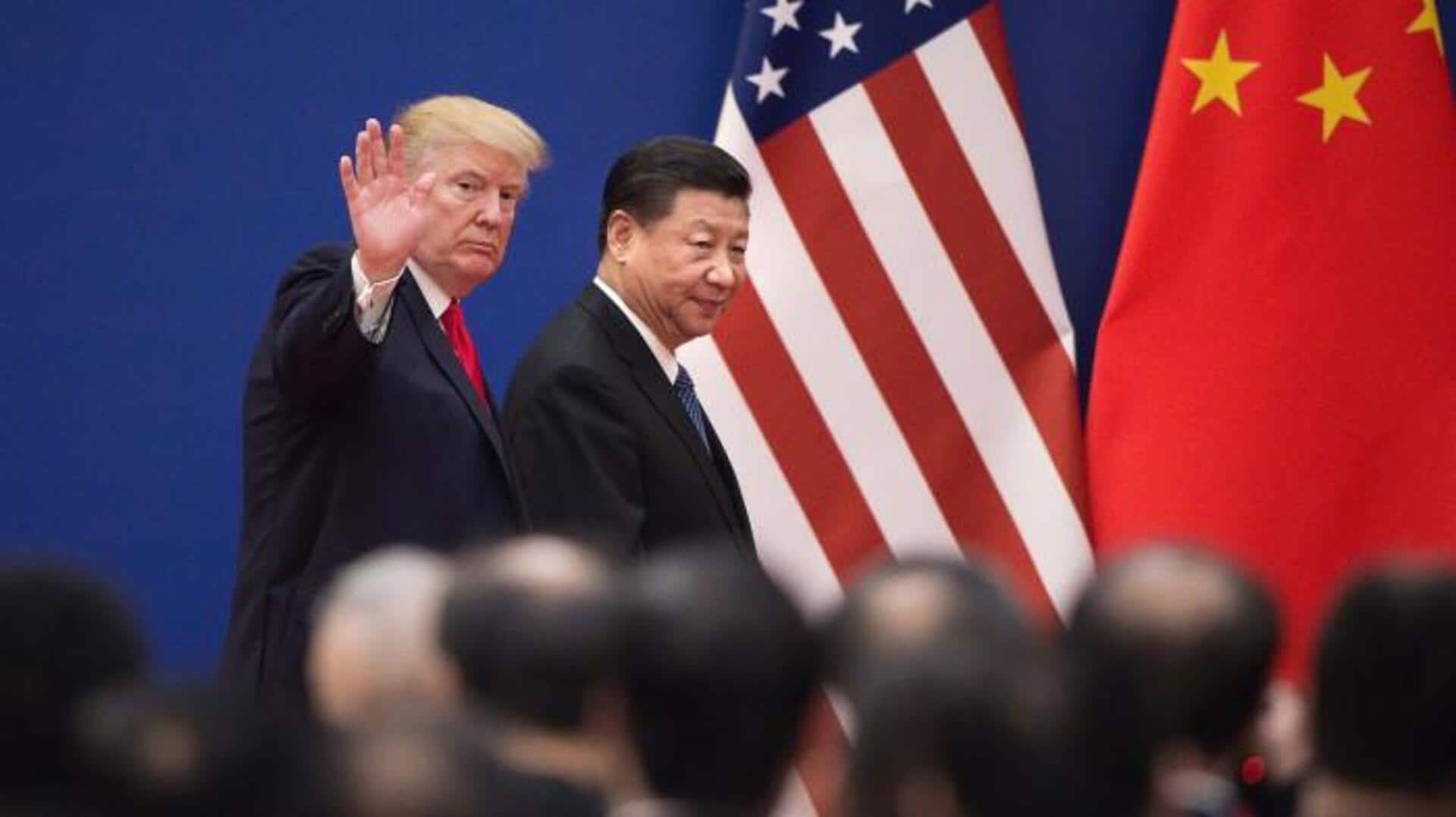
US and China reach deal to reduce trade deficit
What's the story
The United States and China have finalized a trade deal following two days of intensive negotiations, Treasury Secretary Scott Bessent confirmed on Sunday. The discussions took place at a villa in Geneva, where senior officials from both sides convened in an effort to defuse tensions surrounding the expanding trade deficit and ongoing tariff disputes. President Donald Trump also echoed the sentiment, noting on social media that "GREAT PROGRESS" was being made toward a potential "total reset" on tariffs.
Chinese reaction
China's response and editorial stance
While the Chinese delegation has not immediately commented on the negotiations, an editorial from China's state-run news agency hinted at a cautious approach. The publication stated that China would "firmly reject any proposal that compromises core principles or undermines the broader cause of global equity." More details are expected from US officials in a briefing scheduled for today morning.
Trade deficit
Greer emphasizes the importance of reducing trade deficit
US Trade Representative Jamieson Greer stressed that a major priority for Trump is to cut down the US trade deficit with China, which hit a record $263 billion last year. He was confident that their agreement with Chinese partners would help in solving this national emergency. The talks could stabilize world markets, which have been rattled by the US-China standoff, delaying unloading goods from China until final tariff decisions are made.
Tariff implications
Tariffs and their impact on trade
Last month, Trump raised US tariffs on China to a combined 145%, prompting China to retaliate with a 125% levy on American imports. Such high tariffs effectively amount to both countries boycotting each other's products, disrupting trade that exceeded $660 billion last year. Despite this, top members of the Trump administration are following the president's lead in suggesting that a reset of US-China trade relations could be imminent.